Summer’s bounty is bursting with juicy colors, but not every fruit is the angel it appears to be. While that bowl of cherries or mango slices feels like the healthiest snack on a hot day, some of these seasonal favorites are sugar bombs in disguise, spiking your blood sugar faster than you’d think. Don’t worry—summer still has your back with plenty of guilt-free, hydrating fruits that satisfy cravings without wrecking your goals. Ready to sort the sweet from the sneaky? Here are seven summer fruits to limit and seven you can enjoy freely, all season long.
1. Mango
The luscious mango might be summer’s most decadent treat, but it comes with a hefty sugar price tag. A medium mango contains approximately 45 grams of sugar—more than a can of soda! This tropical delight’s intense sweetness makes it particularly satisfying for dessert cravings.
Despite its high sugar content, mangoes offer valuable nutrients like vitamins A and C. The fiber content helps slow sugar absorption somewhat, but portion control remains crucial.
Try freezing small mango chunks for a more measured treat. Alternatively, pair a smaller portion with protein-rich Greek yogurt to minimize blood sugar spikes while still enjoying that distinctive tropical flavor.
2. Grapes
Those small, pop-in-your-mouth grapes create the perfect snacking trap. A single cup contains around 23 grams of sugar, and their convenient size makes it dangerously easy to consume multiple servings without realizing it.
Red and purple varieties offer antioxidants like resveratrol, providing some health benefits despite the sugar content. The natural sweetness makes them particularly appealing to children and adults alike.
For a more balanced approach, count out a proper portion (about 15-20 grapes) rather than mindlessly munching from the bunch. Freezing grapes creates a refreshing summer treat that takes longer to eat, helping with portion control.
3. Banana
The humble banana comes in nature’s perfect packaging, making it a go-to summer snack. However, a medium banana harbors approximately 27 grams of sugar, which explains why athletes reach for them during energy-demanding activities.
Bananas do offer significant nutritional benefits, including potassium, vitamin B6, and fiber. Their sugar content increases as they ripen—those brown-spotted bananas contain more sugar than their yellow or slightly green counterparts.
Choose smaller bananas or eat just half to reduce sugar intake. Green-tipped bananas contain resistant starch, which has less impact on blood sugar levels while still providing that mild banana flavor you crave during summer months.
4. Cherry
Summer’s ruby jewels tempt with their juicy burst of flavor, but cherries pack more sugar than their size suggests. A cup of these bite-sized fruits contains approximately 17.7 grams of sugar, explaining their irresistible sweetness.
Cherries compensate with impressive health benefits, including anti-inflammatory compounds and natural melatonin that may help with sleep. Their deep red color signals powerful antioxidants that fight cellular damage.
Instead of mindlessly popping cherries while enjoying summer activities, count out 10-12 cherries (about half a cup) for a more reasonable sugar intake. Pairing them with a handful of unsalted nuts creates a balanced snack with protein and healthy fats to counterbalance the sugar.
5. Figs
Figs bring unique texture and honey-like sweetness to summer tables, but their concentrated sugar content might surprise you. One cup of chopped figs contains approximately 29.3 grams of sugar—almost as much as some candy bars!
These ancient fruits offer impressive benefits despite their sweetness, including calcium, potassium, and soluble fiber that supports digestive health. Their distinctive seeds provide a pleasant crunch while contributing additional fiber.
Enjoy figs more mindfully by slicing one fig onto yogurt or cheese for flavor without sugar overload. Fresh figs have a short season, making them special summer treats worth savoring slowly rather than consuming in large quantities.
6. Pineapple
Summer barbecues often feature this tropical favorite, but pineapple’s refreshing juiciness masks its substantial sugar content. A cup of pineapple chunks delivers about 16.3 grams of sugar alongside its distinctive sweet-tart flavor profile.
Pineapple redeems itself nutritionally by providing manganese, vitamin C, and bromelain—an enzyme that may help reduce inflammation. The fruit’s intense flavor means a little goes a long way in satisfying sweet cravings.
Mix smaller portions of pineapple with lower-sugar fruits like berries for a more balanced fruit salad. Grilling pineapple intensifies its natural sweetness, allowing you to enjoy a smaller serving while still getting that tropical summer experience without excessive sugar intake.
7. Apple
Apples remain summer staples for many families, but their crisp sweetness comes from significant natural sugar. A medium apple contains between 16-19 grams of sugar depending on the variety, with sweeter types like Fuji and Honeycrisp at the higher end.
The fiber in apples, particularly the skin, helps slow sugar absorption and provides gut health benefits. Their portable nature and satisfying crunch make them practical summer snacks despite the sugar content.
Choose tarter varieties like Granny Smith to reduce sugar intake while still enjoying apple benefits. Slicing and sharing an apple extends the eating experience while naturally limiting portion size, making it easier to enjoy this summer classic without sugar overload.
1. Strawberry
Bright red strawberries offer impressive sweetness with surprisingly modest sugar content. A generous cup contains only about 7 grams of sugar—less than half of what you’d find in many other summer fruits.
These ruby gems deliver exceptional vitamin C levels, with a single cup providing more than the daily recommended amount. Their seeds add a slight crunch while contributing fiber that helps regulate blood sugar response.
Enjoy strawberries straight from the carton or slice them over plain yogurt for a naturally sweet breakfast. For a refreshing summer hydration boost, add a few sliced strawberries to water instead of higher-sugar fruits—you’ll get delicious flavor with minimal sugar impact.
2. Blackberry
These inky-purple berries offer substantial sweetness while keeping sugar in check at just 7 grams per cup. Their complex flavor profile—combining sweetness with subtle tartness—creates satisfaction without sugar overload.
Blackberries rank among the highest fiber fruits available, with 8 grams per cup helping to slow sugar absorption and promote fullness. Their deep color signals anthocyanins, powerful antioxidants that may protect brain function and heart health.
Sprinkle blackberries over summer salads for color and natural sweetness without excessive sugar. They maintain their nutritional value when frozen, making them perfect for cooling summer smoothies that won’t spike blood sugar like higher-sugar fruit options.
3. Raspberry
For sweet satisfaction without sugar consequences, raspberries stand as summer superstars. With just 5 grams of sugar per cup, these delicate berries offer the lowest sugar content among popular summer fruits.
Their impressive fiber content—8 grams per cup—creates a net carb effect that minimizes blood sugar impact. The seeds provide a satisfying texture while contributing to the fiber total that supports digestive health.
Layer fresh raspberries with Greek yogurt for a protein-rich summer breakfast that won’t cause mid-morning energy crashes. Their hollow structure makes them perfect for filling with a small amount of dark chocolate for an elegant, lower-sugar dessert option during summer gatherings.
4. Watermelon
Nothing says summer quite like watermelon, and despite its sweet juice, it contains just 9.5 grams of sugar per cup. The fruit’s high water content—92% water—effectively dilutes its sugar while providing exceptional hydration benefits during hot weather.
Watermelon delivers lycopene, a powerful antioxidant that gives it the characteristic red color and offers potential heart health benefits. Its refreshing crunch and natural sweetness make it satisfying despite the relatively low sugar content.
Cube watermelon and freeze it for a cooling summer treat that takes longer to consume, naturally limiting portion size. For a sophisticated summer appetizer, pair small watermelon chunks with feta cheese and mint—the savory elements balance the fruit’s natural sweetness.
5. Cantaloupe
This orange-fleshed melon offers a pleasant middle ground in the summer fruit sugar spectrum. With about 13.9 grams of sugar per cup, cantaloupe provides noticeable sweetness while remaining lower than many tropical fruits.
The high water content—about 90%—helps dilute the sugar impact while providing excellent hydration during hot weather. Cantaloupe delivers impressive vitamin A levels, supporting eye health and immune function during active summer months.
Ball cantaloupe into smaller portions for better portion control during summer snacking. Combining it with protein sources like cottage cheese creates a more balanced option that prevents the blood sugar fluctuations that can occur when eating fruit alone.
6. Lemons and Limes
While rarely eaten whole, these zesty citrus fruits contain minimal sugar—about 2 grams in a whole lemon and just 1 gram in a lime. Their bright acidity makes them perfect flavor enhancers without the sugar impact of sweeter fruits.
Both fruits provide significant vitamin C, supporting immune function during summer activity. Their distinctive flavors create satisfaction with virtually no sugar impact, making them ideal for flavor-focused summer refreshment.
Squeeze fresh lemon or lime into water for naturally flavored hydration without added sugars. Adding zest to summer dishes provides concentrated citrus flavor compounds called limonoids, which may offer additional health benefits beyond what juice alone provides.
7. Avocado
Technically a fruit, avocados stand apart with less than 1 gram of sugar per entire fruit. Their buttery texture and mild flavor come from healthy monounsaturated fats rather than the sugars that sweeten most fruits.
Avocados provide remarkable nutrition density, offering potassium, fiber, and vitamins E and K. Their satisfying creaminess creates a feeling of indulgence without any of the blood sugar concerns associated with sweeter fruits.
Mash avocado onto whole grain toast for a summer breakfast that won’t trigger energy crashes. Blend frozen avocado chunks with a small amount of milk and vanilla for a surprisingly creamy, low-sugar alternative to ice cream during hot summer months.
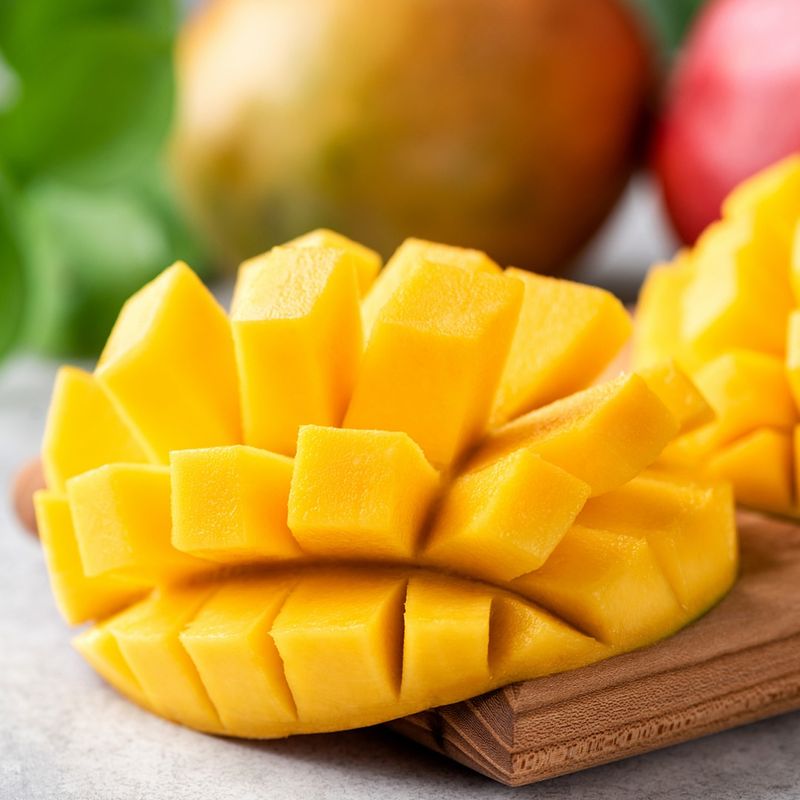



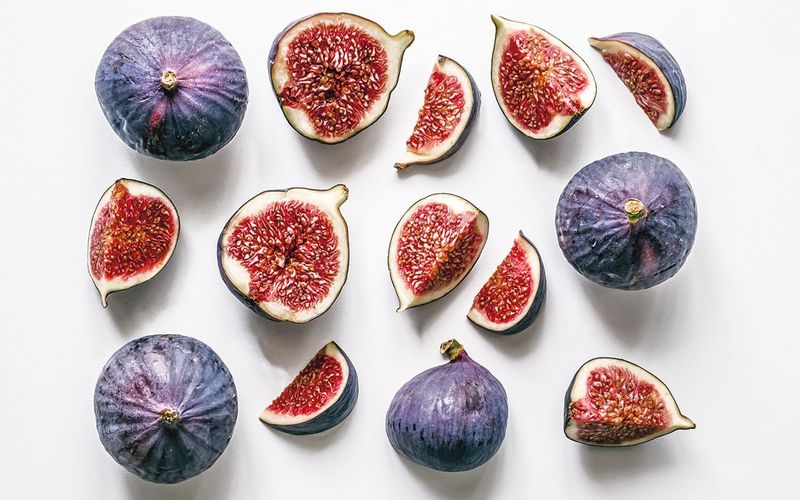
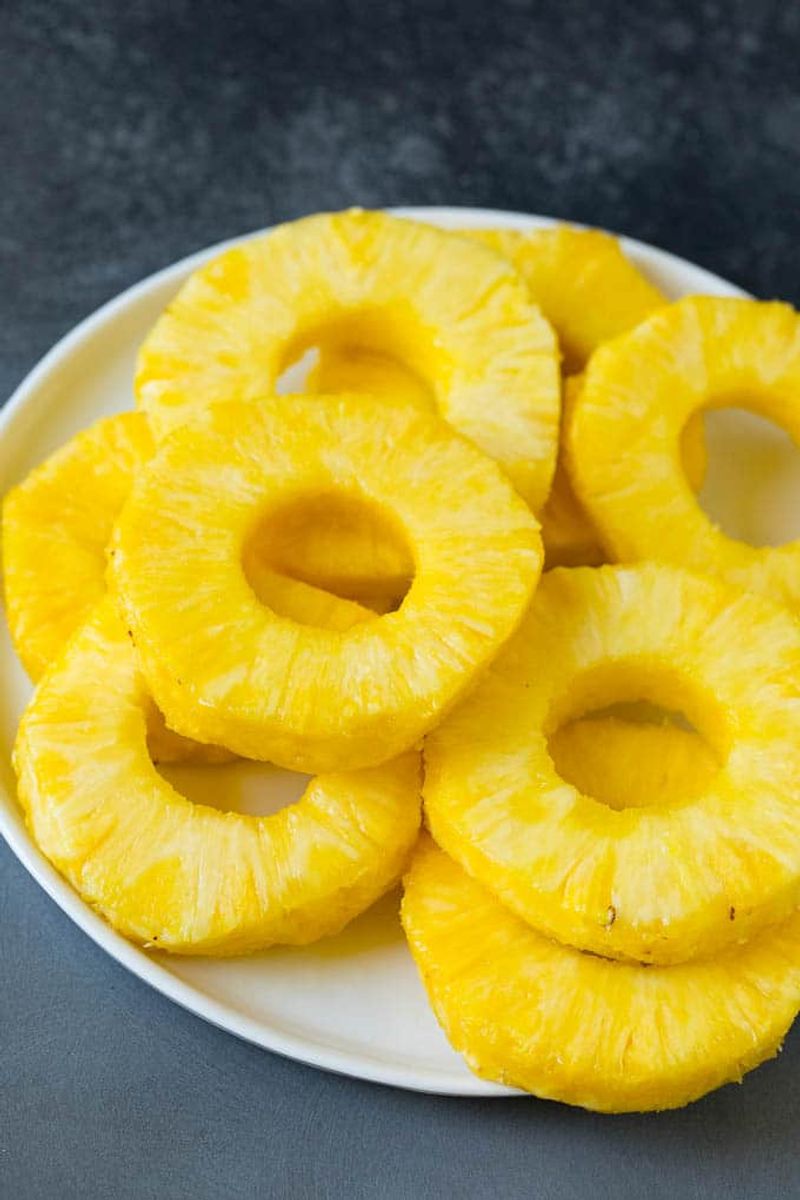


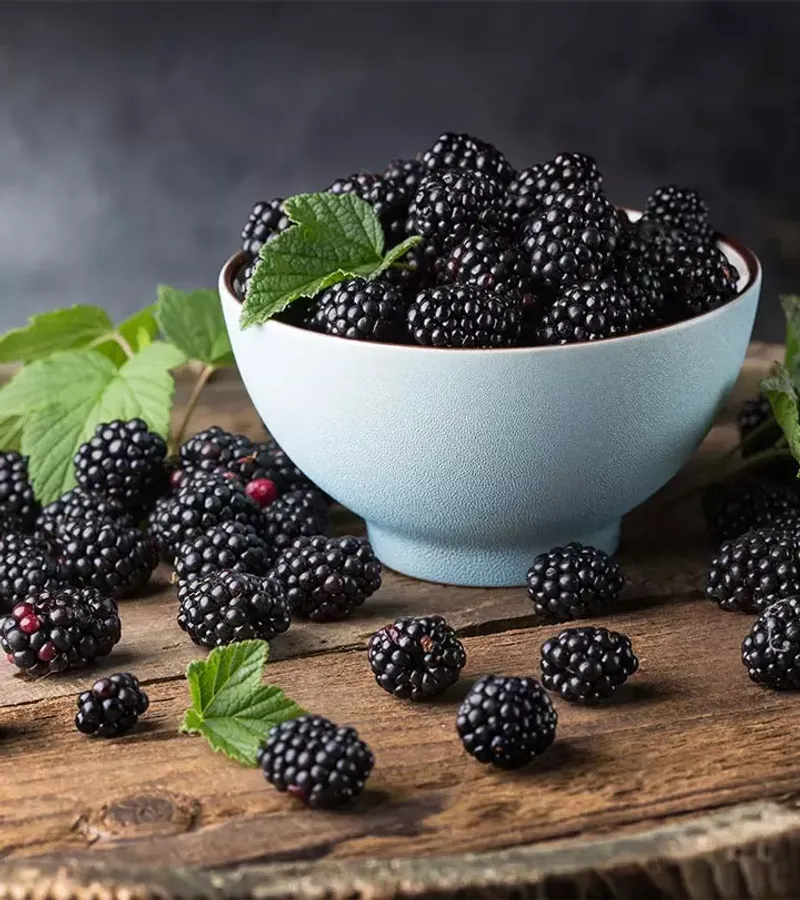
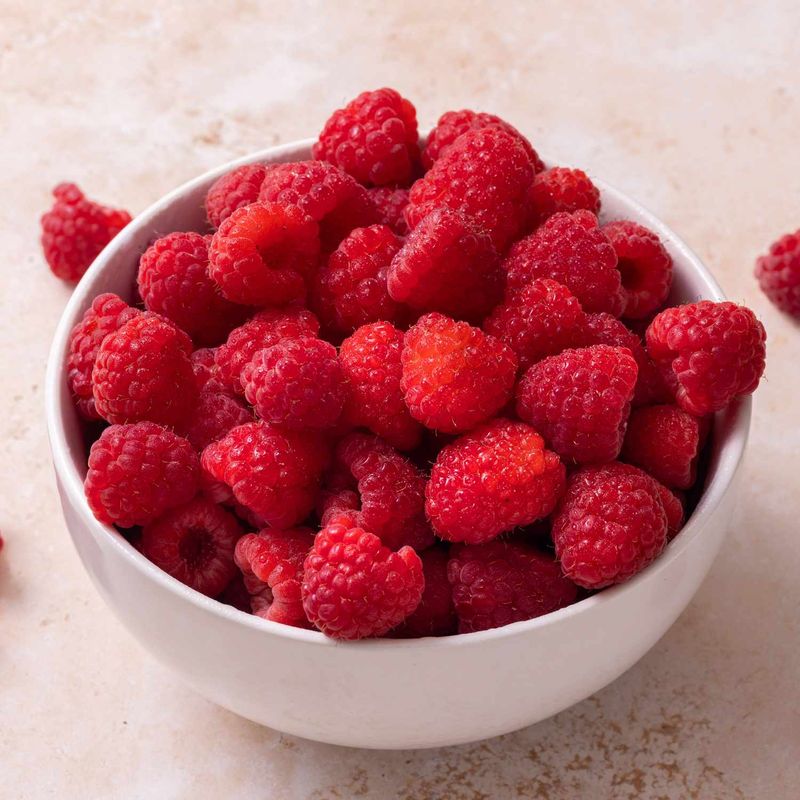
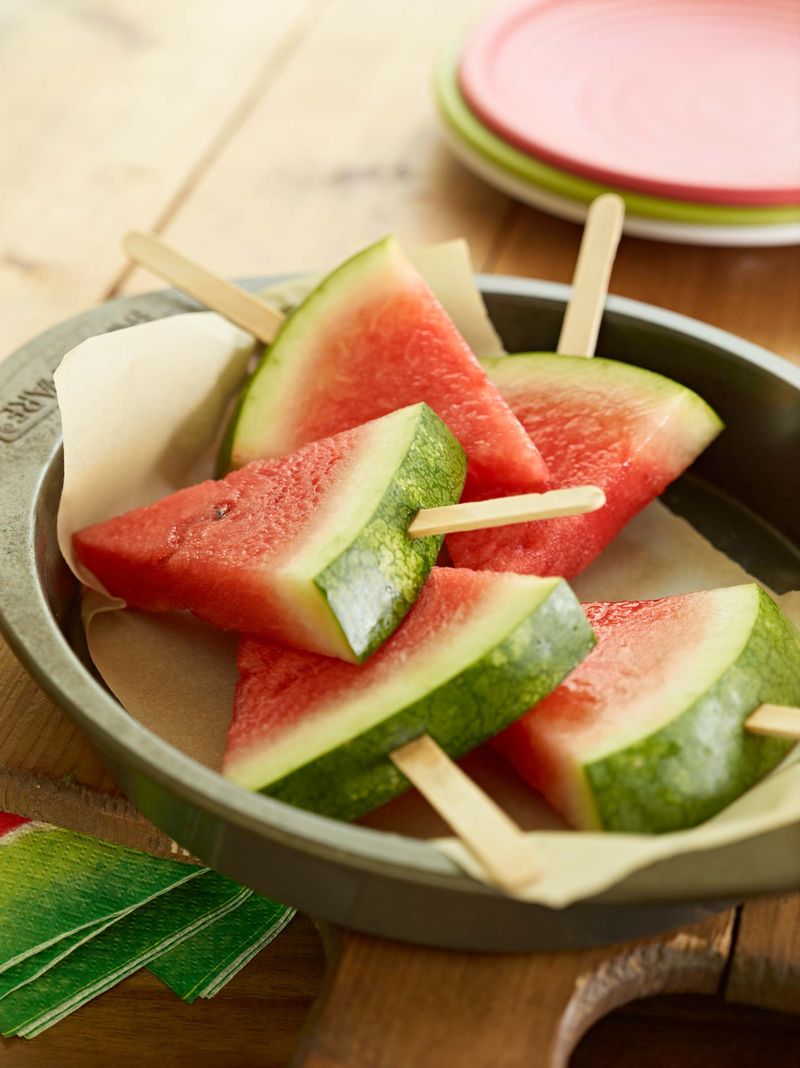

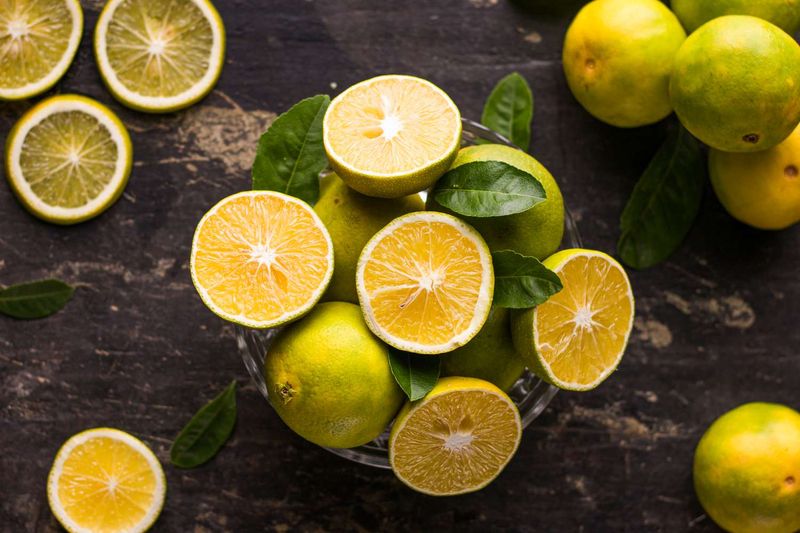
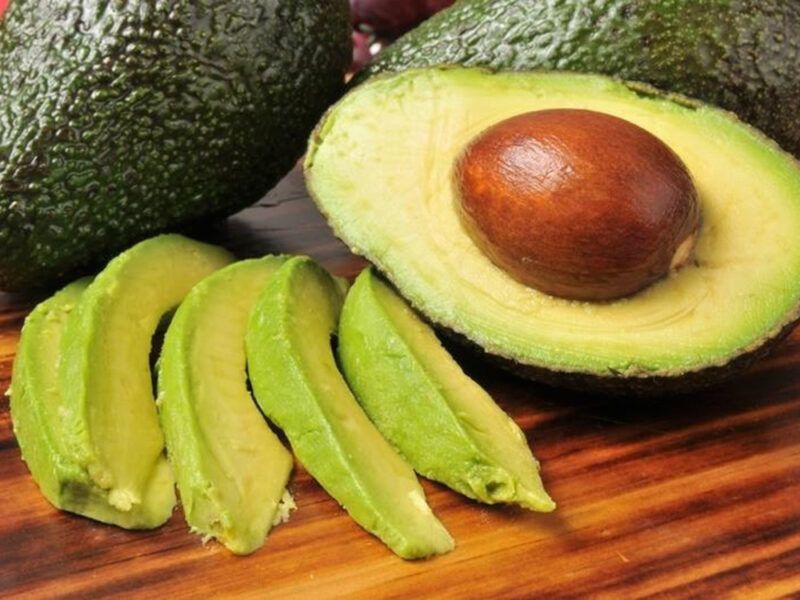
Leave a comment